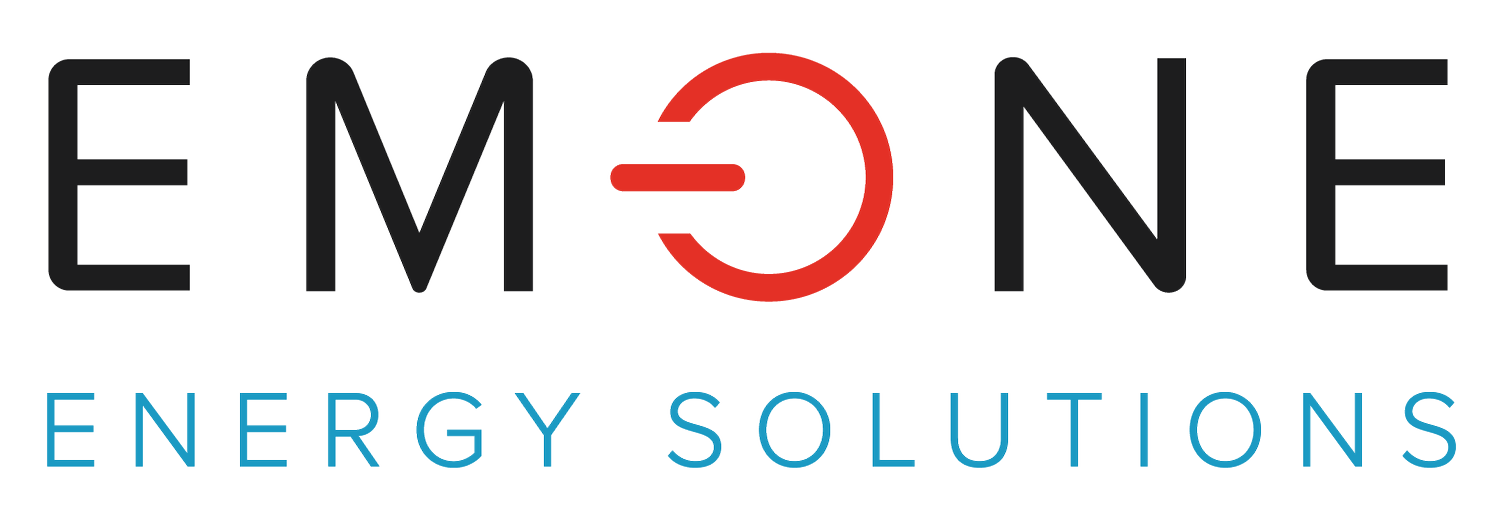EM-ONE & Schneider partner to scale mini-grids in Africa
June 2019
EM-ONE Energy and Schneider Electric formalize their partnership to scale solar mini-grids in Africa
Mir Islam, EM-ONE’s CEO and Paul-François Cattier, Schnieder Electric’s Vice President of Economic Development Africa & Middle East sign MOU at the Nigerian Embassy in Paris
Paris, France - In an effort to play a leading role to localize and industrialise the deployment of mini-grids in West Africa, EM-ONE Energy and Schneider Electric have signed a Memorandum of Understanding (MoU) to develop and execute decentralized renewable energy projects. The MoU builds on EM-ONE’s expertise in electrifying over 400 clinics, schools and rural communities in Nigeria using their proprietary containerized solar solution — the “EM-BOX.”
Recent donor and private sector motivation to build Nigeria’s off-grid power sector to address the un- and under-electrified populations hope to prove the case that decentralized, renewable power will pave the way for affordable, reliable sustainable and modern energy for all in a cost-effective and timely manner.
“Nigeria has become a focal point for distributed solar, renewable energy and mini-grid investment due to the size of the market — 75 million people without access to electricity and another 30 million people that are connected to the grid but do not receive any electricity,” said Mark Amaza, leader of strategic communications and research for Power for All.
EM-ONE’s CEO, Mir Islam comments “Having worked in Nigeria’s power sector for over 20 years, we know that customized and decentralized energy solutions are the way forward to leapfrogging Africa’s energy access challenges. The EM-BOX is a customized energy solution that builds upon the lessons learnt from electrifying rural and off-grid Nigeria. The EM-BOX has been designed to be a plug-and-play standard system that is modular and scalable and uses best-in-class technologies like Schneider to deliver long-standing and sustainable value to donors, investors and the off-takers alike. We look forward to continuing to work with Schneider to expand the electrical footprint of Africa while enabling local capacity, and jobs, reducing carbon emissions and providing greater access to social benefits.”
“This is the second-largest population of people without access to electricity in the world after India and the largest in Africa,” stated Amaza. “Another reason is that over the past three years, the government has focused a lot of attention on the off-grid power sector in terms of policies, plans, and targets, such as the 10,000 mini-grids by 2023 and the $2 billion investment initiative.”

